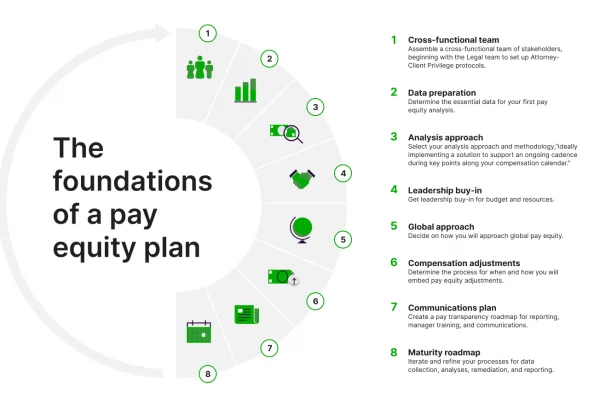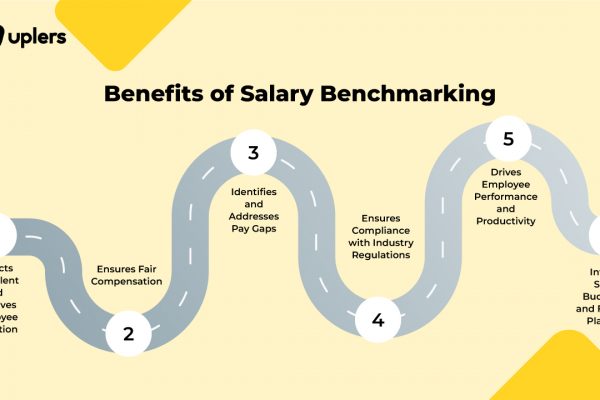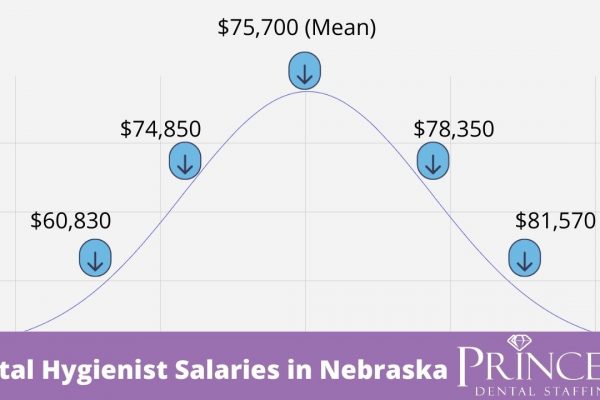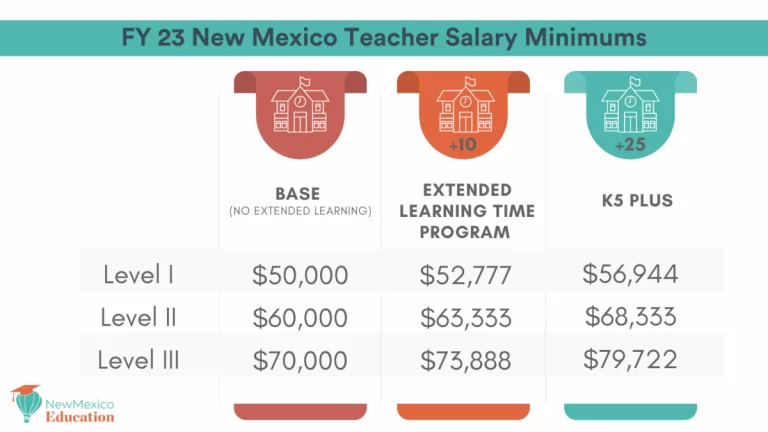

Job Pay Comparison Understanding the Factors That Influence Compensation
Comparing job pay is crucial for individuals to assess their earning potential and make informed career decisions. Various factors influence salary differences, including job role, experience, location, industry, and company size. Key Factors Affecting Job Pay Tools for Job Pay Comparison Several tools can be used to compare job pay: Tips for Effective Job Pay…

Navigating the Evolving Job Market Key Trends to Watch
The job market is constantly evolving, shaped by technological advancements, economic shifts, and changing workforce demographics. To stay ahead of the curve, it’s essential to understand the key trends shaping the future of work. Key Job Market Trends Strategies for Navigating the Evolving Job Market By staying informed about these trends and taking proactive steps,…

Job Title and Salary A Complex Relationship
The relationship between job title and salary is multifaceted and influenced by various factors.1 While job titles often provide a general indication of a role’s responsibilities and level, they don’t always directly correlate with specific salary ranges. Factors Affecting Salary Beyond Job Title The Importance of Understanding the Full Picture While job titles provide a…

Compensation Analysis A Deep Dive into Pay Practices
Compensation analysis is a critical process that involves evaluating an organization’s pay practices to ensure they are competitive, equitable, and aligned with business objectives.1 By understanding the factors that influence compensation, organizations can make informed decisions about salary structures, benefits packages, and performance-based incentives.2 Key Components of Compensation Analysis Benefits of Compensation Analysis Challenges and…

Pay Disparity A Persistent Challenge
Pay disparity refers to the unequal distribution of wages and salaries among different groups of people, often based on factors such as gender, race, ethnicity, or age.1 This inequity can lead to significant social and economic consequences.2 Common Causes of Pay Disparity The Impact of Pay Disparity Pay disparity can have significant consequences for individuals…

Pay Equity Striving for Fairness in the Workplace
Pay equity, also known as equal pay, is the principle that people should be paid the same amount for doing the same work or work of equal value.1 Despite significant progress, pay gaps persist, often based on factors such as gender, race, and ethnicity.2 The Gender Pay Gap One of the most widely discussed pay…

Salary Surveys A Snapshot of the Compensation Landscape
Salary surveys are a valuable tool for organizations to understand and benchmark compensation practices.1 By collecting and analyzing salary data from various sources, companies can ensure that their pay structures are competitive, equitable, and aligned with market rates.2 What is a Salary Survey? A salary survey involves collecting data on salaries, bonuses, benefits, and other…

Salary Benchmarking A Strategic Approach to Compensation
Salary benchmarking is a critical process that involves comparing an organization’s compensation practices to industry standards and market rates. By analyzing salary data from various sources, organizations can ensure that their pay scales are competitive and equitable. Why is Salary Benchmarking Important? Key Steps in Salary Benchmarking Challenges in Salary Benchmarking Best Practices for Effective…

Net Salary Your Take-Home Pay
Net salary, also known as take-home pay, is the amount of money an individual receives after all deductions have been made from their gross salary. These deductions typically include taxes, social security contributions, health insurance premiums, and other mandatory or optional deductions. Understanding Net Salary To calculate net salary, various deductions are subtracted from the…

Gross Salary Your Total Earnings Before Taxes
Gross salary refers to the total amount of money an individual earns before any deductions, such as taxes, social security contributions, or health insurance premiums.1 It’s the total compensation you receive from your employer for your work.2 Understanding Gross Salary Gross salary is often broken down into two main components: Gross Salary vs. Net Salary…

Base Salary The Foundation of Compensation
A base salary is a fixed amount of money paid to an employee for their work, typically on a weekly, bi-weekly, or monthly basis.1 It forms the foundation of most compensation packages, providing a predictable income stream.2 Factors Affecting Base Salary Several factors influence base salary levels: The Importance of Base Salary A competitive base…

Overtime Pay Understanding the Rules
Overtime pay is additional compensation paid to employees who work more than a specific number of hours in a workweek.1 It’s a legal requirement in many countries, designed to protect workers from exploitation and to compensate them fairly for extra hours worked. Key Factors Affecting Overtime Pay Importance of Accurate Overtime Pay Accurate overtime pay…












